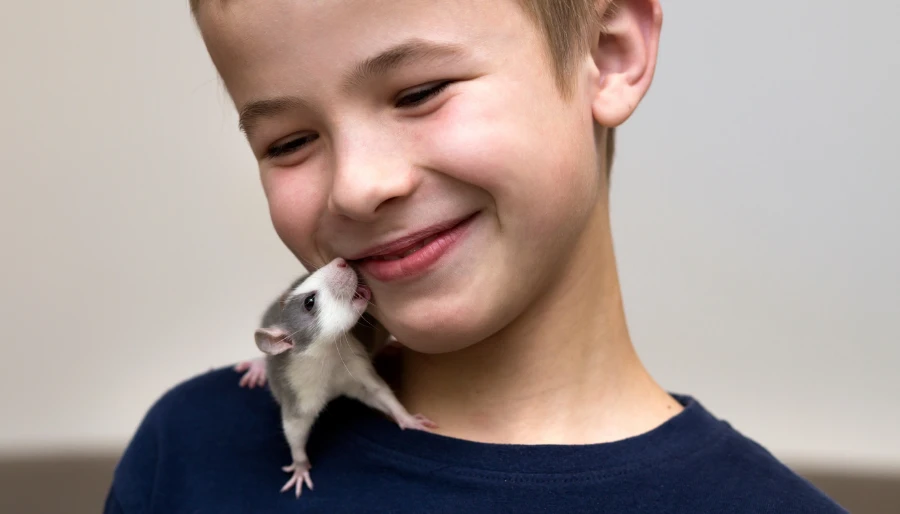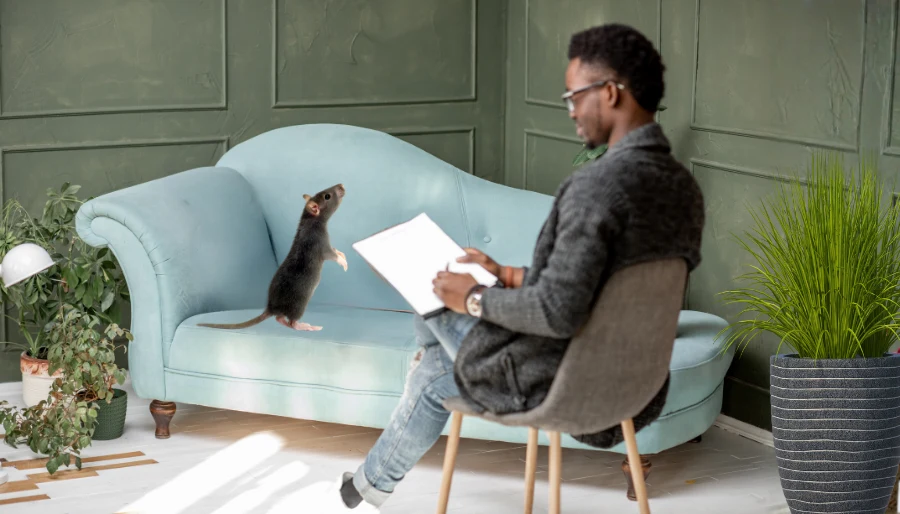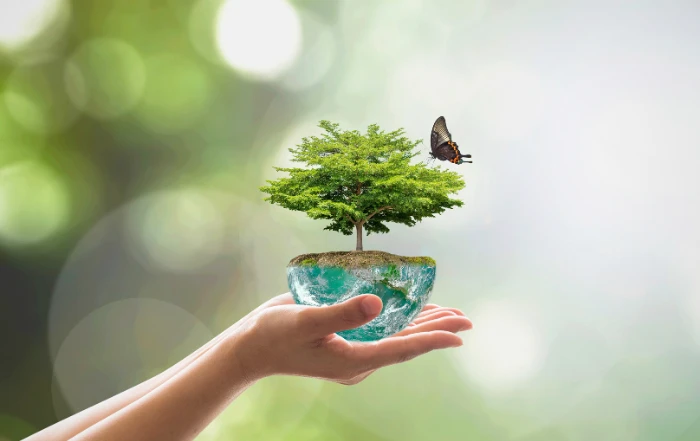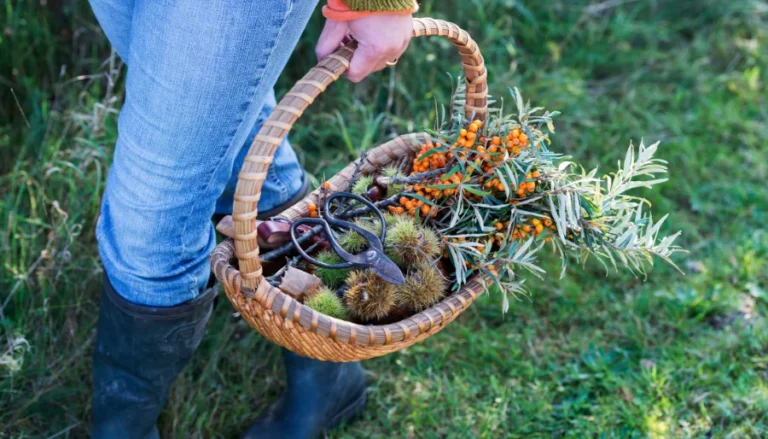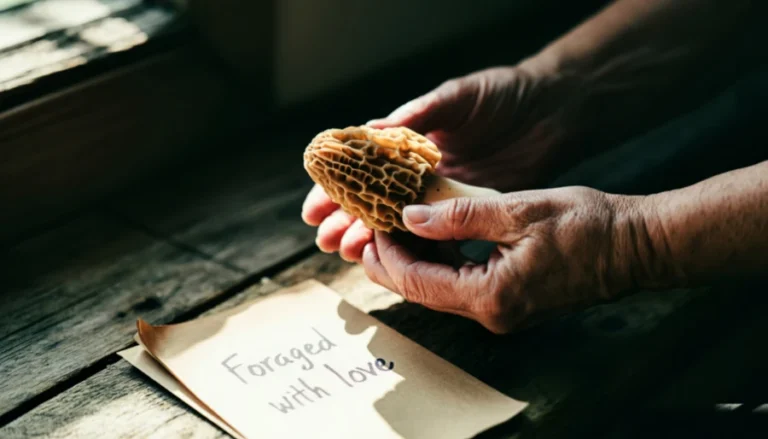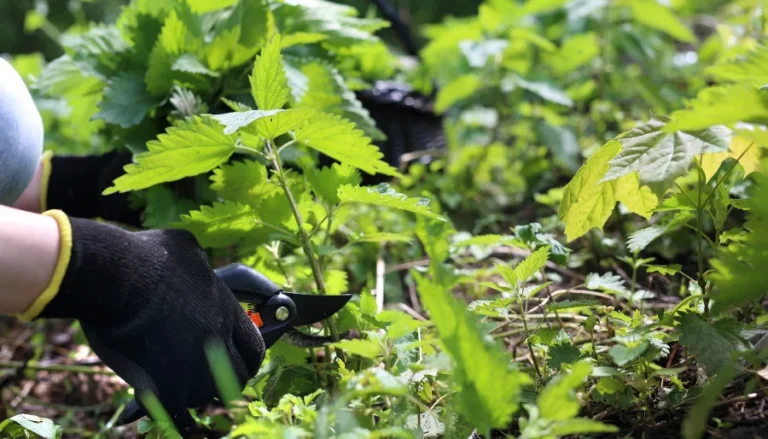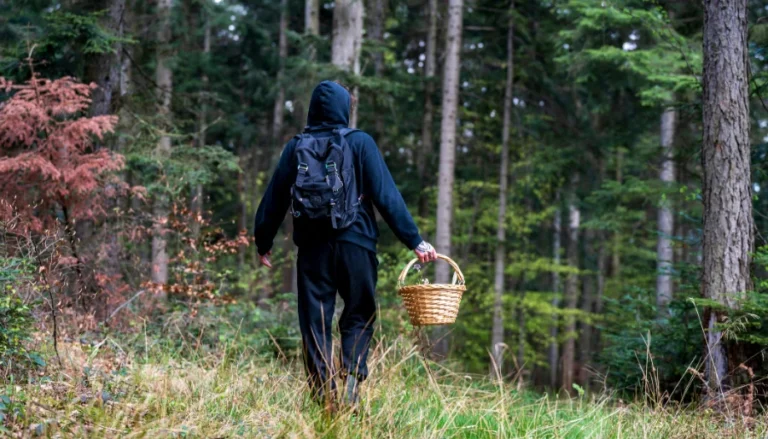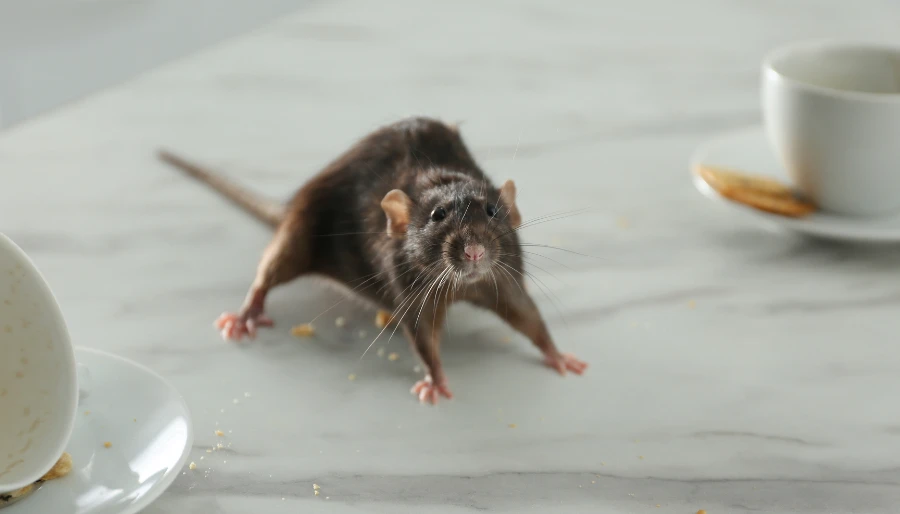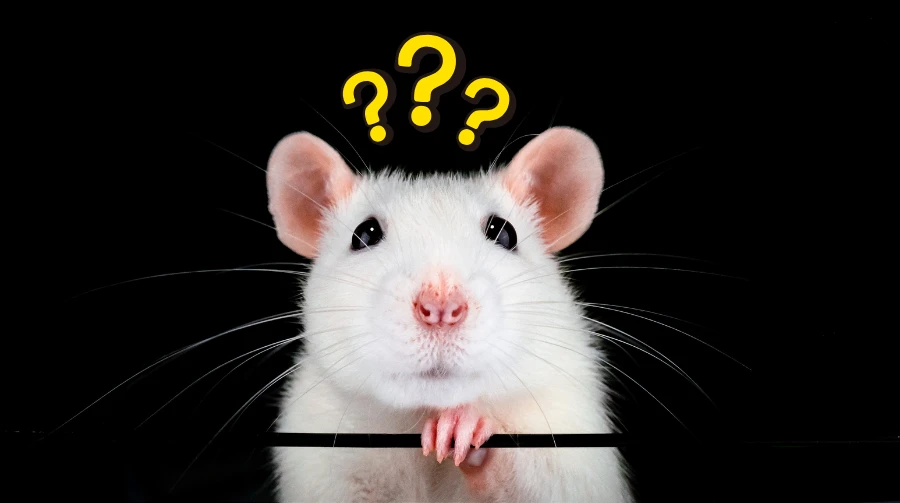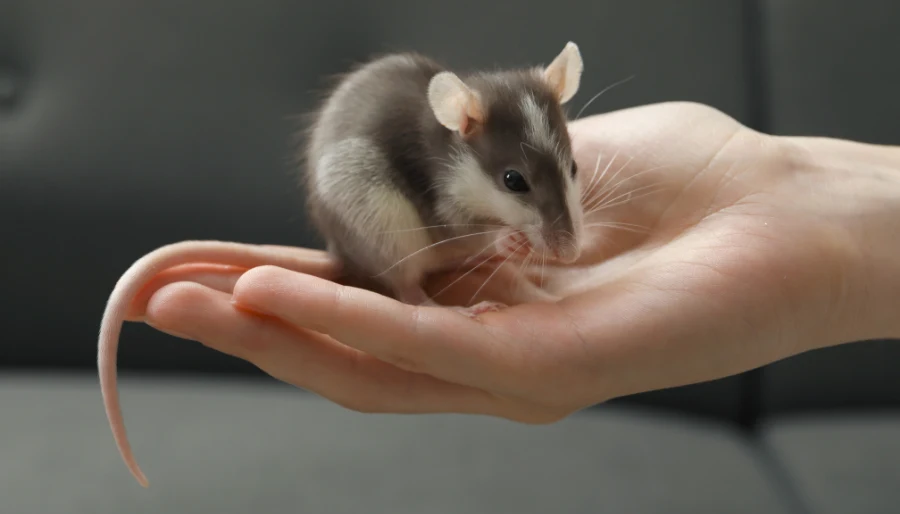This is what I call a win-win-win situation.
From a very young age, we understand that taking care of ourselves is important. We get one life and everything we do – the foods we eat, the amount of exercise we get and the activities we partake in, all have an impact on our physical, mental and emotional wellbeing.
However, when it comes to the health of our planet, we often feel out of control. And why wouldn’t we? As one person, how can do anything large enough to make a real difference?
One of the biggest mistakes we make is assuming we can’t create a safer, healthier environment. We are only one person, after all, and little insignificant actions wouldn’t make any difference. This couldn’t be further from the truth.
There are so many ways that we can take action and have a positive effect on the world around us. The win-win for us is that those actions can also benefit our own health as well.
Let’s take a look at 10 ways we can have a positive effect on our planet, while taking care of ourselves at the same time.
1. Drive Less
Now, luckily, I’m not a big fan of driving. In fact, I’ve never enjoyed it personally. I realize my viewpoint of driving isn’t the most commonly held, by a long shot. But imagine if more people started to drive less.
Driving everywhere has become a natural way of life. We take ourselves to work, school, the store, the gym, etc. with no thought as to how we are affecting the environment.
Every time we get in the car, we are polluting the surrounding air through toxic emissions from our vehicle.
Carbon monoxide comes from the car’s exhaust. It’s not just bad for the environment, it’s bad for our own health. As the gasoline evaporates, emissions are released into the air as well.
These emissions contribute to global warming on a big scale and poor air quality in our own hometown. It’s quite the problem. So, what can we do?
One of the best things you can do for your own health and that of the planet is put your keys down and move your own two feet. If you are within a 30-minute drive to work, start walking or riding your bike as much as you can.
Yes, I know you’ve heard or read this all before but bear with me – I hope to change your mind and motivate you to try it out.
The same goes for school, the store, etc.
Not only are you cutting down on air pollution, your lungs and your body are getting a workout as well. By not burning fuel, you are burning calories and the more active you are, the healthier you will be.
On a side note, if you don’t live within driving distance to most places, try carpooling. Not only does it cut down on pollution, but it saves you money. Another Earth-friendly win-win!
2. Grow Your Own Veggies & Herbs (even Tea and Beer)
Starting a garden is one of the best things you can do for your own health as well as the health of the planet.
For the majority of people, they take the traditional approach. They get in their car (releasing toxic emissions along the way– see above), drive to the grocery store and load up their cart with processed foods, and maybe some fruits and veggies in the mix.
Sound familiar?
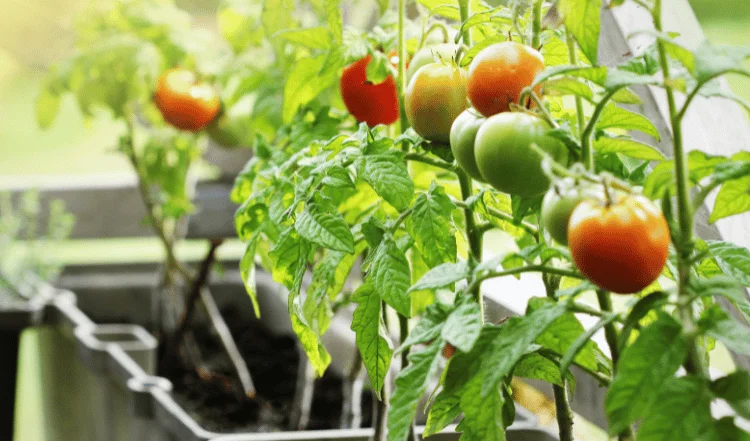
What they don’t realize is, all of these fruits and vegetables have traveled miles upon miles before they ever get to this location.
Not only is the flavor and freshness compromised while in transit but think about all the toxic emissions released into the atmosphere as these foods are being transported to grocery stores across the nation. It’s out of control.
The good news is, you can take that control back and start growing your own food right from the comfort of your own backyard.
Cutting out the middleman (transport and grocery stores) allows you to have so much more control over your own nutrition, and you have the peace of mind to know what goes into your soil (i.e. no pesticides or other harmful toxins).
And do not get me started on those subscription natural foods and produce boxes! That’s a rant for another day.
3. Freshen The Air Naturally
A great way to ensure you are breathing clean air is to eliminate your home and office space of all air fresheners and aerosol sprays.
We use these products, all too often, to mask unpleasant odors and keep the air smelling fresh and clean.
However, what we are actually doing is polluting the air with unknown chemicals and taking a big health risk.
Most air fresheners contain Phthalates, a chemical found in many plastics, pesticides, aerosols and other toxic products that mimic the hormones in the human body, namely estrogen.
This can be disruptive to the body and cause major issues, including birth defects and reproductive problems. It’s extremely important to educate yourself and read all labels before bringing a product into your home.
When you see the word fragrance, it’s most likely a toxic cocktail of ingredients that manufacturers don’t have to list on the label.
Not only are these chemicals harmful in the air, but can also pass through your skin and into your bloodstream. Take stock of all air fresheners in your home and dispose of them.
Instead, try to freshen the air naturally by opening a few windows, buying some flowers or creating your own DIY air freshener with natural ingredients. It’s much safer and your home will still smell good without polluting the air and your body.
4. Make Your Earth-Healthy Cleaning Supplies
If you’re like the majority of people, you probably have a cabinet full of cleaning supplies ready to go at a moment’s notice.
This includes cleaners, polishes, detergents, soaps, softeners and so much more. What you may not be aware of, however, is that most commercial cleaning products are made up of toxic chemicals that are harmful for the planet AND your own health.
Reading the labels doesn’t do much good as most of these chemicals, also called Volatile Organic Compounds or VOCs, aren’t normally listed.
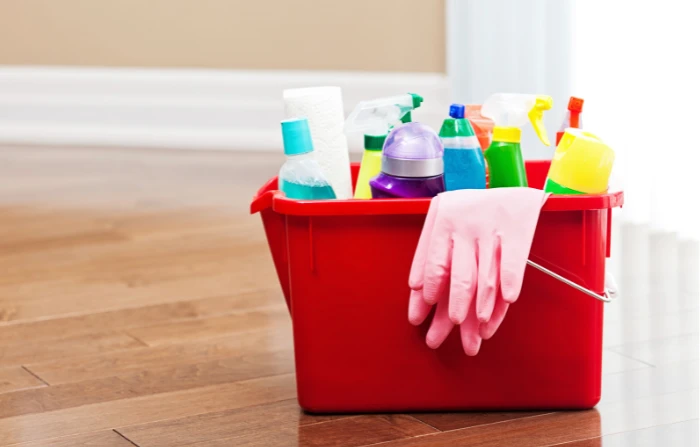
In other words, you’re completely in the dark about what it is that you’re actually using in your own home.
Time to make a change.
Instead of spending money on commercial cleaners, try making up your own creation using natural products such as baking soda, vinegar, and essential oils.
These work just as good, if not better, and you don’t have to worry about scrubbing your home down with toxic chemicals that will eventually wash down the drain and make their way out into the environment.
AND you’re no longer ingesting all those harmful chemicals with complicated, long scientific names that most of us can’t pronounce.
5. Develop A Minimalistic Mindset
Your lifestyle habits, including the way you shop and the items you spend your money on, have a bigger impact on the environment than you might think. When it comes to the consumer driven society that we live in, we overbuy, overpay and have a house full of unnecessary (and sometimes toxic) items to show for it.
Developing a minimalist mindset doesn’t mean you have to get rid of all your possessions and live in a tent for the rest of your life.
It simply means that you become more intentional about the things you buy and the actions you take. A minimalistic mindset helps you to get clear on what’s really important and necessary in your life. This, in turn, makes you grateful for what you do have, and you appreciate it more.
Clutter, whether it be physical or mental, is overwhelming and can result in a ton of stress. Minimalism is a way of reducing clutter and thereby reducing waste and stress.
6. Be Aware Of Your Energy Usage
That’s right – you should know your numbers!
We are burning energy from the minute we wake up and turn on the lights, to the moment we go to bed and charge our phones.
This use of power impacts the environment in a big way, even though it might not seem directly connected.
The more energy you use, the harder power plants have to work, releasing toxic fumes into the air – and this is not good for us or the environment.
By making small, simple changes to your daily habits, you can make a big impact on the amount of energy you use each day.
Start by turning off the lights when you leave a room.
Unplug electronics that aren’t being used, shutdown your computer at night, and switch to LED bulbs instead of the incandescent ones.
LED bulbs typically last about 25 times longer and will save you big money in the long run.
Not only will you be doing your part to help the environment (and keep the air you breathe much cleaner), but your electric and heating bill will significantly decrease as well – an immediate stress reliever.
7. Recycle & Reuse Mindfully
Recycling is a great way to protect the environment, conserve natural resources and reduce waste. As waste continues to pile up in landfills all over the world, more and more pollution is released into our air, water and soil.
By making small changes to your daily habits, you are doing your best at making sure trees and forests are protected, as well as the habitats of many of our wildlife friends.
When products are created through recycled materials, not nearly as much energy is used, and it reduces the need to use up more natural resources.
Recycling helps you to be more intentional, not only about the things you throw away, but it also makes you think about how you can reuse certain items rather than discard them in the trash.
For example, instead of ditching clothes that you don’t wear anymore, you can cut them up and use them in cleaning rags or fill up a bag and donate to a secondhand store.
Thrift shopping is also a good way to give new life to old pieces of clothing without creating more waste in the process. These small changes add up to make a huge difference.
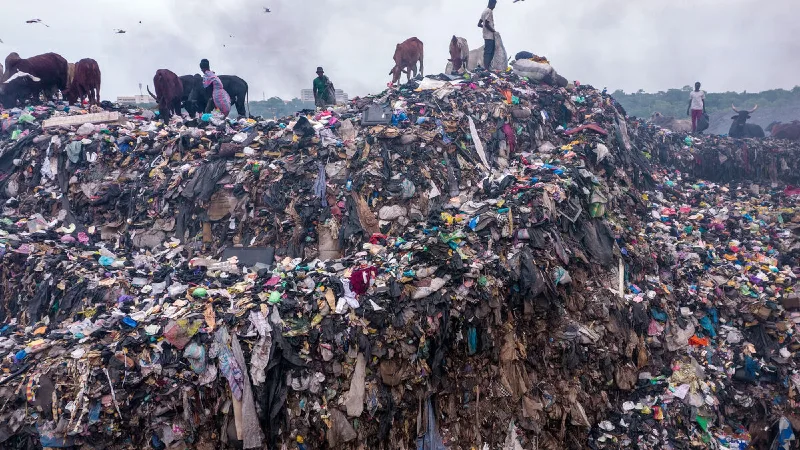
8. Ditch The Plastic For Good
If you want to show the planet (and yourself) some love, get rid of the plastic that takes up way too much space in your home. From plastic containers to plastic bags, water bottles and toys (pets included), our homes are full of these unhealthy, hidden toxins.
As plastic breaks down, it can release toxic chemicals into our food through the plastic containers that we use.
Once we throw it away, plastic takes hundreds of years to biodegrade which means, during that time, it piles up in the landfills and pollutes the surrounding water and soil.
Every year, a ton of plastic ends up polluting our oceans and our forests.
This wreaks havoc on the environment as well as the wildlife habitats that many of our animal friends have worked so hard to build.
The best thing you can do is refrain from buying plastic as much as possible.
Consider the three R’s – reduce, reuse, recycle. Try to reduce and reuse first, before, you turn to recycle.
Avoid disposables as much as possible. Instead of plastic bags for shopping, try a reusable, earth friendly bag to put your groceries in. If you’re worried about your tap water, buy a water filter and reusable cup instead of stockpiling water bottles.
Getting rid of the plastic will make a world of difference on the environment as well as an impact closer to home.
9. Show Some Arbor Love & Go Paperless
While you’re busy getting rid of the plastic in your home, make an effort to paperless as well. We live in an age where we have digital access to almost everything, so it only makes sense that we would use less paper in our homes and offices.
Plus, there are some major environmental benefits to cutting back or eliminating paper use. Not only are you preserving the trees that play a critical supporting role for life on this planet, but you also cut down on pollution that happens when paper is manufactured.
Also, the amount of water that goes into making a single sheet of paper is about 3 gallons.
Think about how much water could be saved if we all decided to reduce even a fraction of the paper we use on a day-to-day basis. Recycling helps cut back on waste, but a ton of paper still ends up in the landfill.
When you cut back on paper, you also cut back on the other products that are harmful as well, such as inks and toners.
Going paperless contributes to less clutter and better organization, which can lead to less stress – a win-win for your mental, emotional and physical health.
Less paper usage is a small change that has a huge impact.
10. Volunteer: Feels Good & Does Good
There are so many ways that you can make an impact on the environment, and volunteering is at the top of the list.
Giving your time to a cause greater than yourself not only connects you with others in your community, but builds your confidence and helps you feel better about yourself.
Knowing you are working to make a difference in the world around you is a great way to combat anxiety, depression and loneliness and there are opportunities everywhere.
Try participating in a park or river clean-up day and help clear out a ton of waste that may be detrimental to the soil, water and animal habitats nearby. Help plant trees for the future generations or look for ways to help out at a state park near you.
If we all work together for the greater good, we can ensure that our planet is taken care of for generations to come.
These are just a few ways that you can make a big impact on your environment and live a healthier life in the process. You don’t have to turn your world upside down to live a more eco-friendly lifestyle.
Simply make small changes to your daily habits and take more responsibility for your actions.
Be aware that every action you take, big or small, has an effect on the environment and start making a positive impact from this day forward.
You’ll have peace of mind knowing that you are doing your part to preserve the planet and make it a healthy home for years and years to come.

